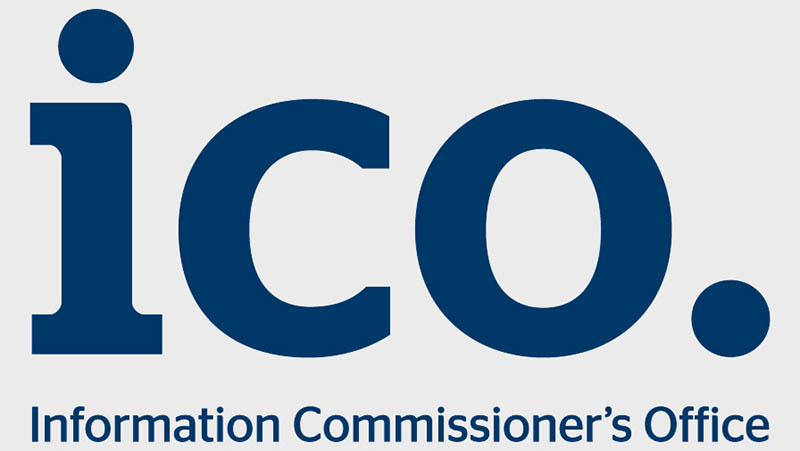ICO targets University for FOI procedures
For the first time, the ICO has made an organisation commit to better freedom of information practices.


The Information Commissioner's Office (ICO) has made the University of East Anglia (UEA) sign an undertaking to improve its procedures when it comes to freedom of information (FOI) requests, in a move that is sure to act as a warning to other public sector organisations.
This is the first time the ICO has used its powers for FOI purposes as, up until now, it had only forced commitments to be made when it came to data breaches.
However, following "Climate-gate" where hacked emails showed alleged fiddling of figures for climate change research from the University the ICO felt it necessary to impose the undertaking on the UEA to "ensure it continues to show the necessary commitment to fulfilling its obligations" when it comes to FOI requests.
Christopher Graham, Information Commissioner, said: "This is the first occasion on which we have sought formal undertakings to secure compliance with the Freedom of Information Act."
"Our tougher enforcement strategy makes it clear that public authorities will face similar action if they fall short of their responsibilities to promote openness and transparency."
The undertaking, signed by UEA's vice chancellor, Professor Edward Acton, makes a pledge to ensure staff get "adequate training" on what they must do when it comes to FOI requests and for the University's current system of archive, storage and retrieval of emails to be reviewed.
A document with full details of the undertaking has been made available here.
Get the ITPro daily newsletter
Sign up today and you will receive a free copy of our Future Focus 2025 report - the leading guidance on AI, cybersecurity and other IT challenges as per 700+ senior executives
The ICO used its fining powers for the first time at the end of last month when Hertfordshire County Council faxed highly sensitive personal details to the wrong recipients and A4e had an unencrypted laptop stolen, containing details of 24,000 people who had sought community legal advice.
The two organisations were fined 100,000 and 60,000 respectively.
Jennifer Scott is a former freelance journalist and currently political reporter for Sky News. She has a varied writing history, having started her career at Dennis Publishing, working in various roles across its business technology titles, including ITPro. Jennifer has specialised in a number of areas over the years and has produced a wealth of content for ITPro, focusing largely on data storage, networking, cloud computing, and telecommunications.
Most recently Jennifer has turned her skills to the political sphere and broadcast journalism, where she has worked for the BBC as a political reporter, before moving to Sky News.
-
 Elizabeth Denham appointed ICO boss
Elizabeth Denham appointed ICO bossNews Denham will be tasked with helping the UK leave the EU without any knock-on effects on privacy
By Clare Hopping
-
 Information Commissioner signs off with overview of year
Information Commissioner signs off with overview of yearNews Christopher Graham has issued a report outlining past achievements and recommendations for the future
By Clare Hopping
-
 ICO blasts sluggish speed of EU data law reforms
ICO blasts sluggish speed of EU data law reformsNews Information Commissioner calls for sensible laws when it comes to personal data
By Joe Curtis
-
 Digital marketing firm hit with £50k nuisance calls fine from ICO
Digital marketing firm hit with £50k nuisance calls fine from ICONews Reactiv Media apologises for making marketing calls to TPS members, and claims they were made in error
By Caroline Donnelly
-
 UK TPS users still receive nuisance calls, research shows
UK TPS users still receive nuisance calls, research showsNews Ofcom nuisance calls research shows TPS sign-ups leads to users receiving a third fewer calls
By Caroline Donnelly
-
 Cabinet Office rapped for slow FOI request response times
Cabinet Office rapped for slow FOI request response timesNews Government department blames uptick in requests caused by Jimmy Saville and Margaret Thatcher for delays
By Caroline Donnelly
-
 Home Office under scrutiny over FOI response times
Home Office under scrutiny over FOI response timesNews Sussex Police and Tyneside Council also subject to monitoring by ICO
By Jane McCallion
-
 UPDATED: Government departments rapped for slow response to FOI requests
UPDATED: Government departments rapped for slow response to FOI requestsNews The Information Commissioner's Office places four public authorities under surveillance for three months next year.
By Caroline Donnelly

